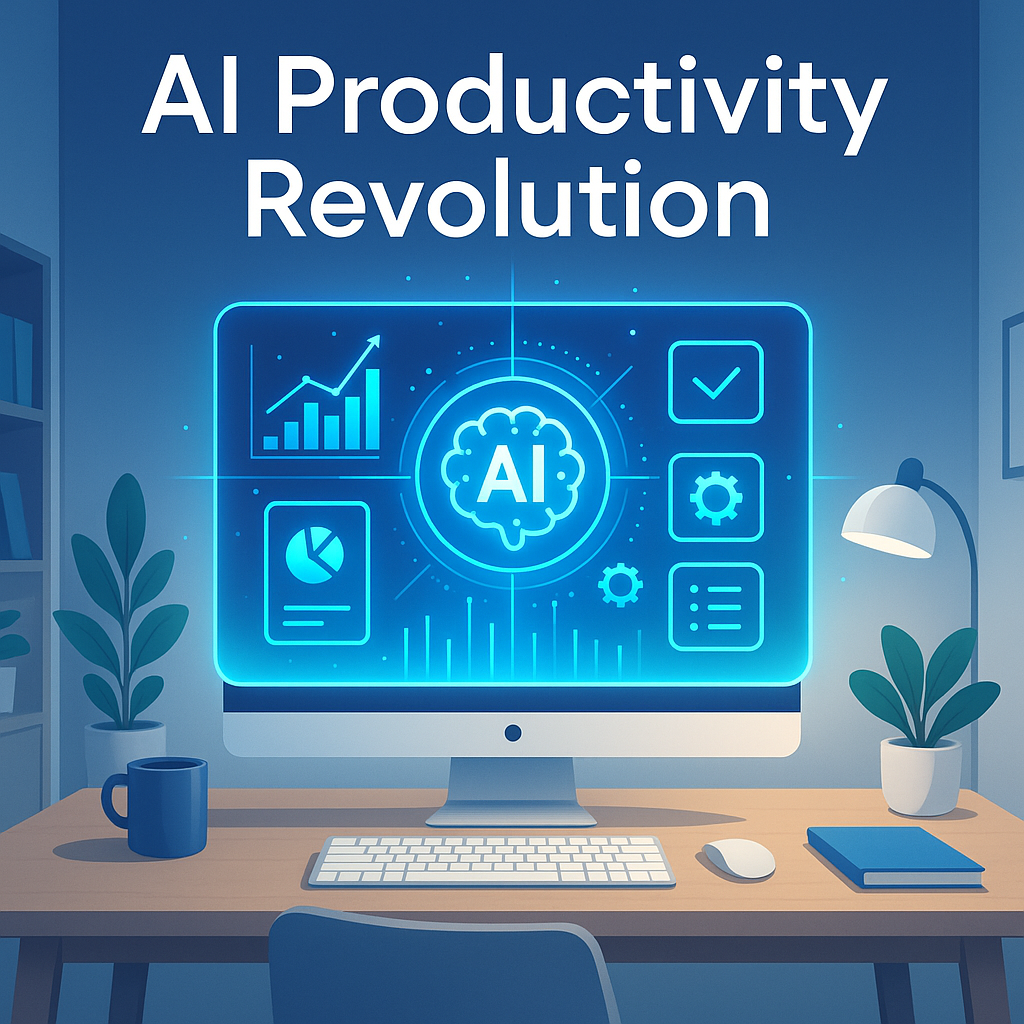AI Tools: Transforming Work and Productivity in the Home Office Era
Understanding the AI Revolution in Modern Workspaces
The contemporary work environment has undergone a significant transformation, particularly with the rise of work from home arrangements and advanced technological solutions. AI tools have emerged as critical components in enhancing productivity, streamlining workflows, and revolutionizing how professionals operate in their home offices.
The Growing Importance of AI in Business
AI technologies are rapidly becoming integral to business operations across various sectors. From small startups to multinational corporations, organizations are recognizing the potential of artificial intelligence to drive efficiency and innovation. These tools are not just technological novelties but powerful instruments that can fundamentally reshape work processes.
Key AI Tools for Home Office Productivity

1. Writing and Content Creation Tools
AI-powered writing assistants have become indispensable for professionals. Tools like GPT-based platforms help generate content, edit documents, and provide language optimization suggestions. They enable workers to produce high-quality written materials quickly and efficiently.
2. Scheduling and Time Management
Intelligent scheduling tools powered by AI can automatically manage calendars, suggest optimal meeting times, and reduce administrative overhead. These solutions are particularly valuable for remote workers who need to coordinate across different time zones.
3. Virtual Assistants
Advanced AI assistants can handle multiple tasks, from answering emails to scheduling appointments. They learn from user interactions, becoming more personalized and efficient over time.
Free AI Courses: Learning and Skill Development
With the increasing demand for AI skills, numerous platforms now offer free AI courses. These educational resources help professionals understand and implement AI technologies in their work environments. Platforms like Coursera, edX, and Google’s AI learning platforms provide comprehensive training modules.
AI Business Applications
Businesses are integrating AI tools in various domains:
– Customer Service: Chatbots and automated support systems
– Data Analysis: Predictive analytics and complex data interpretation
– Marketing: Personalized customer engagement strategies
– Human Resources: Resume screening and candidate matching
Challenges and Considerations
While AI tools offer tremendous benefits, professionals must also consider potential challenges:
– Data privacy concerns
– Initial learning curves
– Potential technological dependencies
– Ethical considerations in AI implementation
Best Practices for AI Tool Integration
1. Start with small, manageable implementations
2. Continuously update skills and knowledge
3. Maintain a balance between AI assistance and human expertise
4. Regularly evaluate tool effectiveness
Future Outlook
The AI tools landscape continues to evolve rapidly. Professionals who invest time in understanding and implementing these technologies will likely gain significant competitive advantages in their respective fields.
“The future of work is not about replacing humans with technology, but about augmenting human capabilities through intelligent tools.” – Anonymous Tech Innovator
Conclusion
AI tools represent a transformative force in modern work environments. By understanding their potential and strategically implementing them, professionals can create more efficient, productive home office experiences.
As technology advances, the integration of AI tools will become increasingly seamless, offering unprecedented opportunities for professional growth and innovation.




